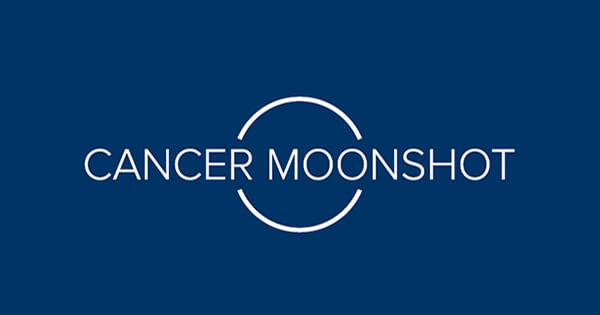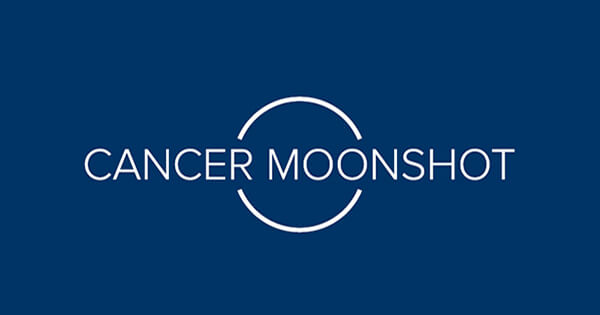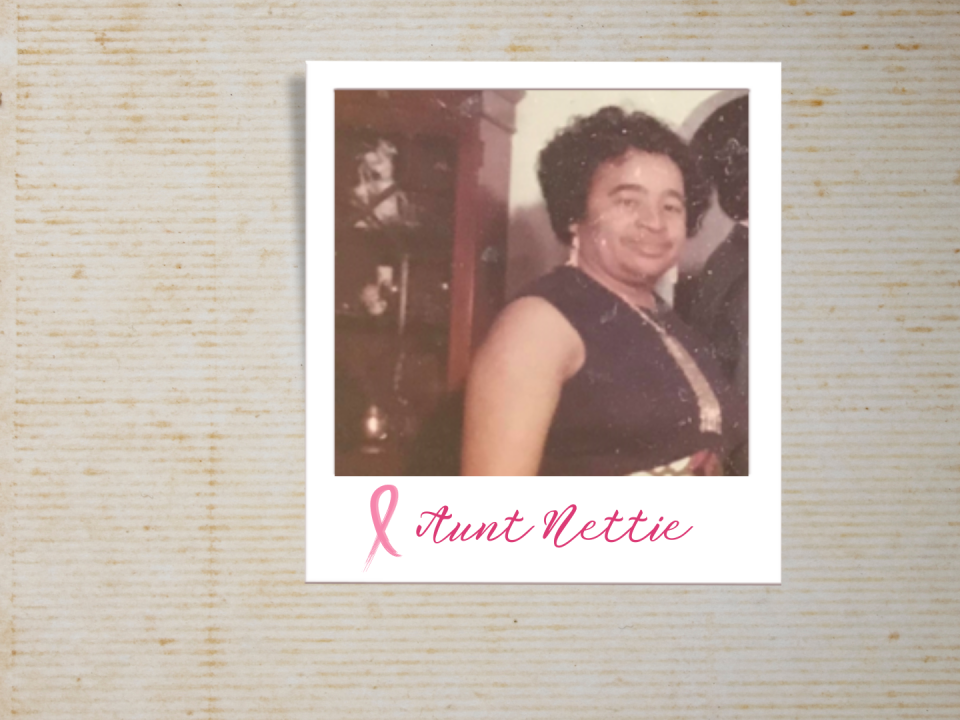Cancer Moonshot Making ‘Remarkable Progress and Scientific Accomplishments’

NABJ Announces 2021 Hall of Fame Inductees, Special Honors Recipients and Finalists
10/14/2021
The Roots of Deadly TNBC Breast Cancer
10/27/2021By SAUNDRA YOUNG
In 2016, President Barack Obama directed then Vice President Joe Biden to take the lead in the Administration’s efforts to eradicate cancer.
That year, Congress passed the 21st Century Cures Act which provided $1.8 billion in funding over seven years to the National Cancer Institute for the Beau Biden Cancer Moonshot, named in honor of President Biden’s son who died of brain cancer in 2015.
The Moonshot Initiative was created with the mandate to develop new cutting-edge treatments and find cures for all types of cancer across the board. Moonshot’s mission is to make more therapies available to more patients and improve cancer prevention and detection.
According to the National Cancer Institute, the Cancer Moonshot has three main goals:
- Accelerate scientific discovery in cancer
- Encourage greater collaboration between academia, government, and the private sector
- Improve data sharing
And since the program’s launch in 2017, ‘remarkable progress and scientific accomplishments have been made,’ according to the NCI website.
So far, the Institute has invested over a billion dollars that support more than 70 programs and over 240 research projects. Moonshot is well on its way to producing important advances for cancer patients, the Institute says.
According to the website, NCI has accomplished in less than five years what would normally have taken 10 years to achieve. Their priorities have included prevention and early detection, pediatric cancer, new technologies that provide new ways to diagnose, identify and treat cancer, cancer immunotherapy and health disparities.
Each Moonshot initiative addresses health disparities. For example, building more diverse cancer models for use in research. Connecting with marginalized and hard-to-reach patients. Broadening the use of proven methods for prevention and early detection among underserved communities and quickly implementing these new advances.

Moonshot has also improved immunotherapy, discovering new immune targets for cancer treatment.
“The Immuno-oncology translation network (IOTN) is one of the largest initiatives within cancer moonshot, with new programs that have been launched every year since 2017,” said Dinah Singer, M.D., NCI deputy director. “Research teams in IOTN are exploring ways to optimize and harness the body’s immune system, their studies are really aimed at better understanding the mechanisms that contribute to tumor regression, progression or resistance and to adverse events that are often observed.”
According to Singer, immunotherapy has shown incredible promise in some types of cancer in both adults and children.
“There are a number of moonshot programs that are focused on the clinical studies designed to improve the efficacy, durability and safety of immunotherapy.”
According to the website, the IOTN coordinating center has supported numerous breast cancer studies. Researchers are looking at everything from immune activation against early stages of breast cancer; therapies that can transform certain types of breast cancers into tumors that respond to immunotherapies; several studies on triple negative breast cancer and a study on breast cancer biology between American women of African ancestry and those of European ancestry, which could help in the development of targeted treatments to reduce breast cancer disparities.
Moonshot is also expanding cancer prevention and early detection research to reduce risk and disparities and improve how patients engage in clinical trial research. Singer says all moonshot programs are required to consider health disparities.
“I think it’s fair to say that moonshot is a massive undertaking; it’s really already borne scientific fruit and laid critical foundations for future advances. It has truly accelerated our understanding of cancer and we are enthusiastic about the progress already made and look forward to the additional discoveries and innovations to come.”

Norman Sharpless, M.D., NCI director says health equity is baked into the vision of Moonshot. He believes it has already succeeded in energizing the community and accelerating cancer research. He says it’s time to build for what comes next.
“We will continue to harvest the community that the current Moonshot has galvanized, and we will ensure that the results of these diverse programs are leveraged for broad dissemination, application and adoption to maximize their benefits to cancer research and really to patients everywhere with cancer.” Sharpless said. “And we will continue to make overcoming health disparities a real, cross-cutting theme of the work at the NCI. So, I think it’s absolutely essential that we do build on the success of the Moonshot to date for future NCI initiatives.”
In 2012, five years before NIH’s national Moonshot launched, MD Anderson Cancer Center, the nation’s top-ranked hospital for cancer, launched their Moon Shot Program to “significantly reduce and transform cancer care.”
They now focus on 13 different types of cancer including colorectal, ovarian, prostate, pancreatic, lung and breast cancer. According to the website, their Breast Cancer Moon Shot is “determined” to defeat triple-negative breast cancer, one of the deadliest forms, and one that is more common in African American women than any other racial or ethnic group of women.
The center’s program is funded by philanthropic support. Inspired by America putting a man on the moon 52 years ago, MD Anderson says they’re making a giant leap for patients.















